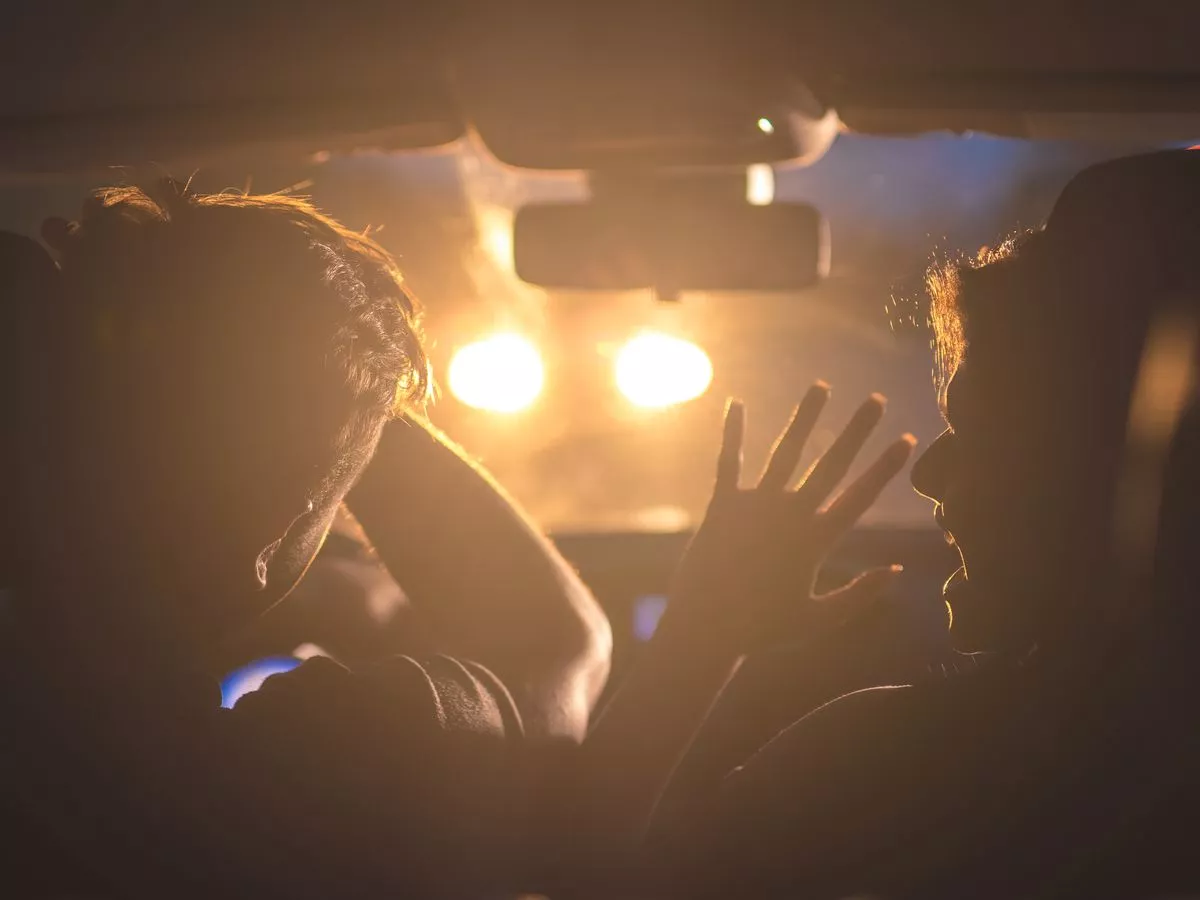Copyright manchestereveningnews

After the clocks turned back by an hour last weekend, the sun now sets earlier each day. More commuters are now having to complete more journeys in the dark, with many worried about being blinded by headlights. The government is set to review the design of headlights after growing complaints from drivers who say they’re being "blinded" by oncoming cars at night. The Department for Transport (DfT) is commissioning new research into the causes and possible solutions for dazzling headlights, the BBC reports. It is understood this will form part of the upcoming Road Safety Strategy. The research follows a rise in complaints about overly bright LED headlights , now common in newer cars. LED lights are whiter and more focused than older halogen bulbs, which some motorists say makes it harder to see when driving in the dark , particularly for older drivers whose eyes take longer to recover from glare. The intense brightness of headlights can impair another driver's vision, known as "dazzling" them. Most often at night, it occurs when the headlights of oncoming vehicles create a harshly bright light or glare. "Some of the lights are so bright you are blinded by them, for seconds," one driver told the BBC. A Department for Transport (DfT) spokesperson said: "We know headlight glare is frustrating for many drivers, especially as the evenings get darker. That's why we commissioned independent research to better understand the causes and impact of glare, which will inform new measures in the upcoming Road Safety Strategy. "Alongside this, DVSA has stepped up surveillance to intercept the sale of illegal retrofit headlamp bulbs for on-road use, and anyone caught could face a fine of up to £1000." A recent survey found that more than four out of five drivers are worried about being blinded by vehicle headlights as the evenings darken earlier. The poll, commissioned by the RAC and involving 1,701 regular UK drivers, found that the brightness of some headlights is the main reason for people feeling uneasy when driving in the dark. RAC senior policy officer Rod Dennis said: "Unfortunately, for a lot of drivers the annual onset of darker evenings coincides with another unwelcome arrival – that of overly-bright headlights that they believe make driving more difficult due to dazzle and discomfort. "While most of us have no choice other than to adapt to driving at night more often as the clocks go back, the fact headlight glare is the leading cause of nervousness underlines it’s a problem that needs tackling. "At the same time, it’s important to remember that brighter headlights can give drivers a better view of the road ahead – so there’s a balance to be struck." Headlight glare is cited as a factor in around 250 crashes each year, the RAC says. While there’s no evidence to suggest it's causing more collisions overall, experts warn some motorists are avoiding night driving altogether, leading to wider social impacts. The results of the government’s existing glare research, conducted last winter, are expected to be published soon. Dennis added: "We look forward to the publication of the Government’s report and hope that it helps explain why so many drivers report struggling to cope with dazzling headlights – whether that’s due to changes in technology, the fact more of us than ever are driving vehicles that sit higher on the road, or for some other reason. "We also hope it comes with recommendations that lead to road users feeling safer behind the wheel at night." MPs are due to debate the issue in Westminster on Tuesday (29 October). The Department for Transport (DfT) has been contacted for comment.



